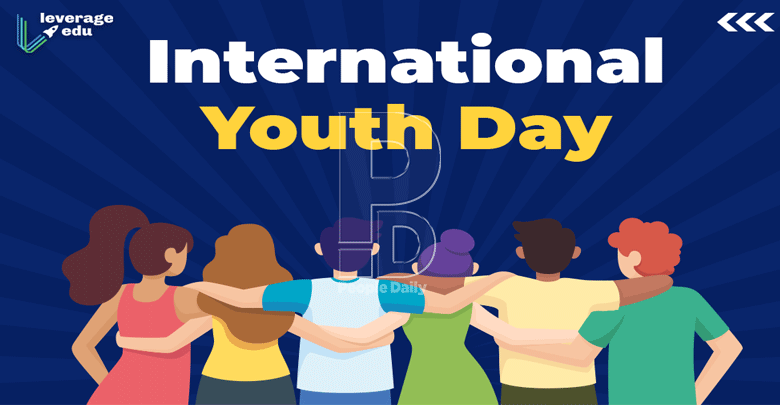Look at issues hindering young women’s progress
By Christopher Owuor, August 11, 2021Stella Nderitu
The International Youth Day 2021 would not have come at a better time than around the Olympics.
This season is reminder of the impact of investing in young people in sports on individuals, families, businesses, countries and global discourses.
As we commemorate International Youth Day today, my thoughts are with young women in Kenya, and the teenage girls.
As a young woman myself, I have seen firsthand the invisibility (sometimes by design) of women’s contribution to key processes and the erasure of women’s needs in the narratives told in board rooms, media, government and NGO interventions.
In addition to unemployment, young women face numerous other challenges that young men do not.
The rampant rape, murder, physical and sexual violence, teenage pregnancies and school dropouts are major hindrances to young women’s advancement.
In June 2020, the most heartbreaking news was that since lockdown due to Covid-19, more than 100,000 teenage school girls were expectant, and according to Plan International.
A study supported by UNICEF in 2020 showed that 33 per cent of adolescent girls aged 15 to 19 in Homa Bay County are mothers or pregnant with their first child.
These are just but a few challenges facing girls and young women in Kenya, limiting them from competitively engaging in the job market, networking and political processes.
They bear heavy costs on future families, the economy and governance.
The effects of teenage pregnancies bear personal, family and societal effects.
Research has shown that teenage pregnancies are linked to trauma, school dropouts, foetal death, malnutrition and poverty.
Gender and sexual based violence cause death, low self-esteem, job losses, drugs and substance abuse and self-harm.
Despite all the challenges affecting young women, these concerns have not been sufficiently highlighted in major platforms as they should.
Young women’s issues need to be highlighted and acted upon with the urgency they deserve.
So on this International Youth Day, I pose a question to political aspirants who are already in campaign mode: What plans do you have for girls and young women in your ward, constituency, county and Kenya?
They are your potential voters and citizens, deserving your attention before and during your tenure.
And to government and non-governmental agencies I ask: What specific plans do you have for young women in the communities you work in?
Now is a good time for honest reflection. And while at it, we must strive to include the effects of teenage pregnancies, female genital mutilation, violence against women and women’s unpaid care work on youth development and young people’s participation in governance processes.
This year’s theme for the International Youth Day is Transforming Food Systems: Youth Innovation for Human and Planetary Health.
The role of women in food security cannot be overemphasised. Women make up majority of food producers world over, and in a global era that seeks innovative and sustainable food production systems, we must act to ensure that young women are supported in their access to requisite skills, knowledge and tools to be food innovators and producers.
This will only be achieved if we ensure that women’s independence and productivity are guaranteed through access to, and completion of quality education by all girls and that women’s safety is assured through robust coordination of community sensitisation about forms of sexual harassment and violations, and stern action taken against violators.
To government agencies, NGOs, faith-based organizations, community leaders, youth leaders and people of goodwill I say, prioritise these issues that hinder young women from socio-economic and political engagement, because young women are youth too. — The writer is the founder of DadaPower Initiative. stella@dadapower.org
